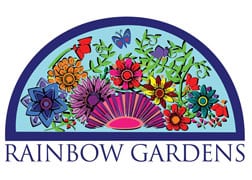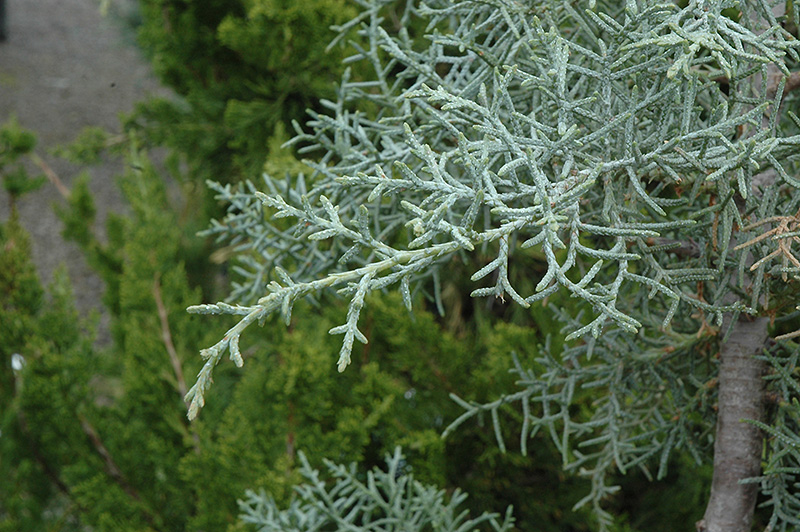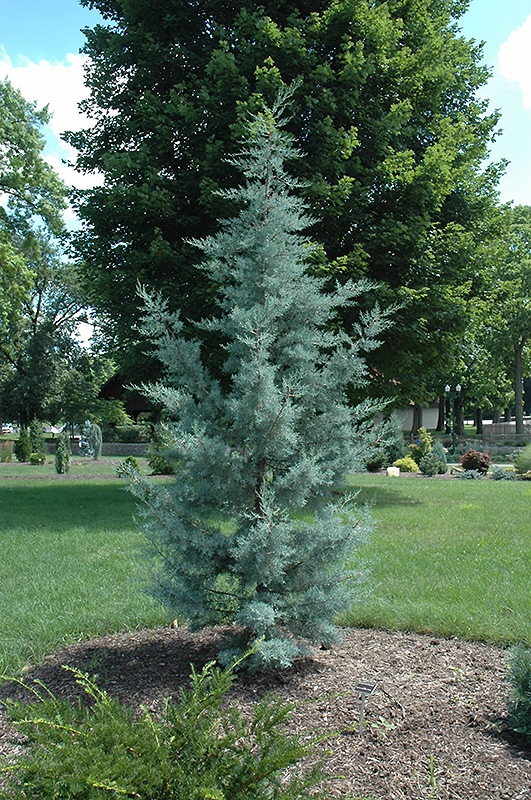Blue Pyramid Cypress
Cupressus arizonica 'Blue Pyramid'
Height: 45 feet
Spread: 15 feet
Sunlight:
![]()
Hardiness Zone: 5b
Description:
A compact pyramidal accent tree, foliage is gracefully fine and blue-green in color; use as a solitary accent in the yard or a large garden; it is also spectacular as a sheared topiary accent in the garden
Ornamental Features
Blue Pyramid Cypress is primarily valued in the landscape for its distinctively pyramidal habit of growth. It has attractive bluish-green evergreen foliage. The threadlike sprays of foliage are highly ornamental and remain bluish-green throughout the winter. The peeling antique red bark is extremely showy and adds significant winter interest.
Landscape Attributes
Blue Pyramid Cypress is an open evergreen tree with a strong central leader and a distinctive and refined pyramidal form. It lends an extremely fine and delicate texture to the landscape composition which can make it a great accent feature on this basis alone.
This is a relatively low maintenance tree, and is best pruned in late winter once the threat of extreme cold has passed. Deer don't particularly care for this plant and will usually leave it alone in favor of tastier treats. It has no significant negative characteristics.
Blue Pyramid Cypress is recommended for the following landscape applications;
- Accent
- Vertical Accent
- Hedges/Screening
- Windbreaks and Shelterbelts
Planting & Growing
Blue Pyramid Cypress will grow to be about 45 feet tall at maturity, with a spread of 15 feet. It has a low canopy with a typical clearance of 1 foot from the ground, and should not be planted underneath power lines. It grows at a fast rate, and under ideal conditions can be expected to live for 60 years or more.
This tree should only be grown in full sunlight. It prefers dry to average moisture levels with very well-drained soil, and will often die in standing water. It is considered to be drought-tolerant, and thus makes an ideal choice for xeriscaping or the moisture-conserving landscape. It is not particular as to soil pH, but grows best in sandy soils. It is somewhat tolerant of urban pollution. This is a selection of a native North American species.
Disclaimer - This Plant Finder tool is an online resource representing many of the varieties that we carry over the course of the season, and is intended for informational purposes only. Inventory varies seasonally, so we cannot guarantee that every plant will be in stock at all times - please contact the store directly for current availability. It does not include our entire selection of plants, so be sure to visit our store to see varieties that may not be represented on this list.


